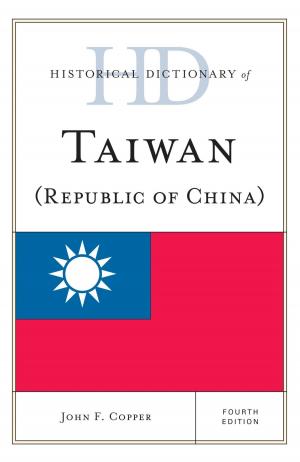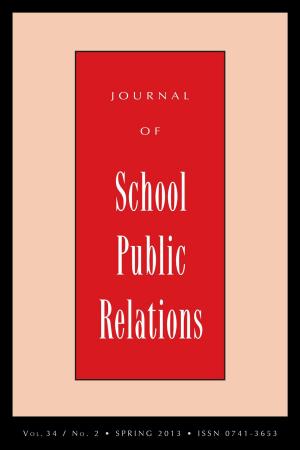South Asia in World Politics
Nonfiction, Social & Cultural Studies, Political Science, International, International Relations| Author: | Devin T. Hagerty, Craig Baxter, Jonah Blank, Maya Chadda, Herbert G. Hagerty, Timothy D. Hoyt, Gaurav Kampani, Peter R. Lavoy, Swarna Rajagopalan, Anupam Srivastava, David Taylor, Robert G. Wirsing, Georgetown University in Qatar | ISBN: | 9781461643456 |
| Publisher: | Rowman & Littlefield Publishers | Publication: | March 11, 2005 |
| Imprint: | Rowman & Littlefield Publishers | Language: | English |
| Author: | Devin T. Hagerty, Craig Baxter, Jonah Blank, Maya Chadda, Herbert G. Hagerty, Timothy D. Hoyt, Gaurav Kampani, Peter R. Lavoy, Swarna Rajagopalan, Anupam Srivastava, David Taylor, Robert G. Wirsing, Georgetown University in Qatar |
| ISBN: | 9781461643456 |
| Publisher: | Rowman & Littlefield Publishers |
| Publication: | March 11, 2005 |
| Imprint: | Rowman & Littlefield Publishers |
| Language: | English |
South Asia in World Politics offers a comprehensive introduction to the politics and international relations of South Asia, a key area encompassing the states of Afghanistan, Bangladesh, Bhutan, India, the Maldives, Nepal, Pakistan, and Sri Lanka. While U.S. interest has long been sporadic and reactive, 9/11 alerted Washington that paying only fitful attention to one of the world's most volatile and populous regions was a recipe for everyday instability, repeated international crises, major and minor wars, and conditions so chronically unsettled that they continue to provide a fertile breeding ground for transnational Islamic terrorism. Exploring the many facets of this dynamic region, the book also assesses U.S. policy toward Afghanistan and explains the importance of Bangladesh and Pakistan, two of only a handful of Islamic states with significant track records as democracies.
South Asia in World Politics offers a comprehensive introduction to the politics and international relations of South Asia, a key area encompassing the states of Afghanistan, Bangladesh, Bhutan, India, the Maldives, Nepal, Pakistan, and Sri Lanka. While U.S. interest has long been sporadic and reactive, 9/11 alerted Washington that paying only fitful attention to one of the world's most volatile and populous regions was a recipe for everyday instability, repeated international crises, major and minor wars, and conditions so chronically unsettled that they continue to provide a fertile breeding ground for transnational Islamic terrorism. Exploring the many facets of this dynamic region, the book also assesses U.S. policy toward Afghanistan and explains the importance of Bangladesh and Pakistan, two of only a handful of Islamic states with significant track records as democracies.















